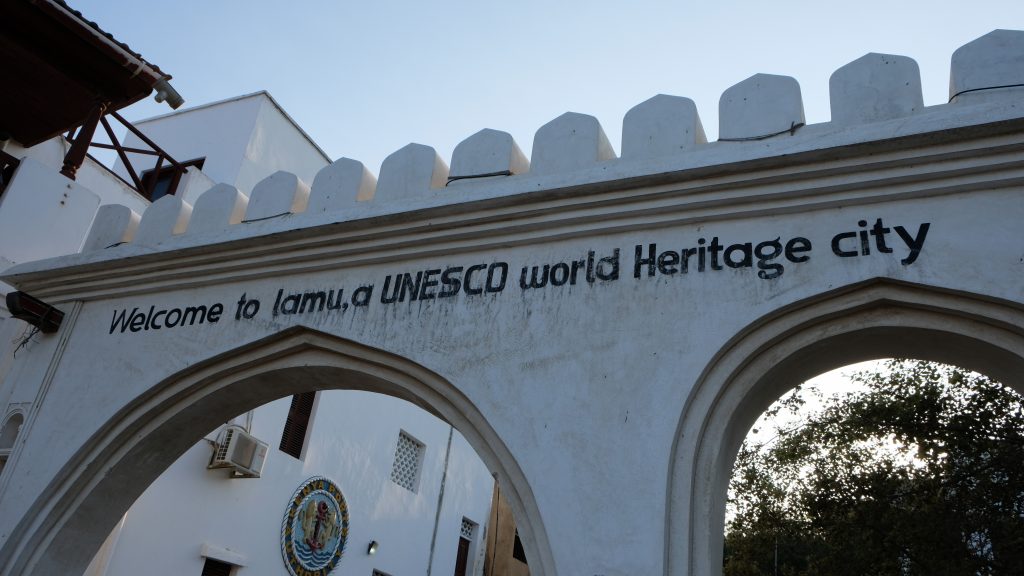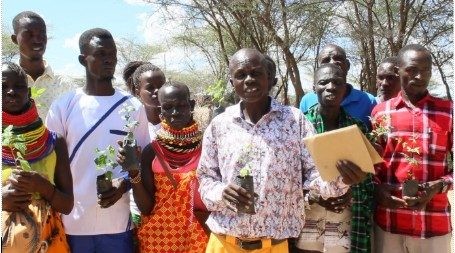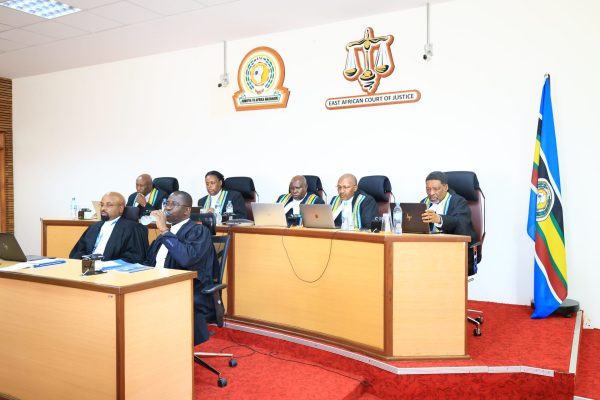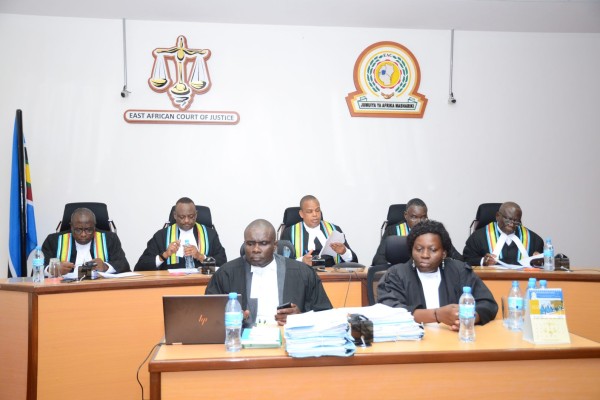02 July 2019
For immediate release
This week in Baku, Azerbaijan, UNESCO’s World Heritage Committee will finalise its recommendations regarding the threat of large-scale infrastructure projects to Kenya’s Lamu Old Town and its heritage status.
In a damning draft decision, which will be finalised this week, the Committee has called for a halt to the proposed Lamu coal power plant.
deCOALonize and partners, Save Lamu and Natural Justice, support this evidence-based draft decision, in which the United Nations recognises the seriousness of the threat of the coal power plant and other ongoing infrastructure development in the area.
Should the coal plant proceed, Lamu could lose its World Heritage status, which would be a blow to its multibillion dollar tourism potential and its global heritage status, which should be protected at all costs.
Lamu Old Town was inscribed onto the World Heritage list in 2001. It has since been listed as a “threatened site”. The proposed Lamu coal power plant forms part of the Lamu Port-South Sudan-Ethiopia-Transport (LAPSSET) Corridor project. Due to the threat posed by these projects, UNESCO is considering the inscription of Lamu Old Town onto the List of World Heritage in Danger.
In its draft decision, the committee found that Lamu Old Town is “under potential danger” due to the advancement of LAPSSET and the lack of information about project impacts and mitigation measures. The projects threaten the cultural integrity and, thus, outstanding universal value of Lamu.
The Committee noted that the LAPSSET development continues despite a Kenyan High Court decision from 30 April last year, which found myriad environmental and regulatory violations and confirmed that the LAPSSET project could endanger the cultural heritage of the property, the culture of the indigenous communities in Lamu, and the ecosystem services on which they depend.
Last month, the National Environmental Tribunal overturned the issuance of a license for the Lamu coal power plant, citing substantial insufficiency in the environmental assessment process. The Tribunal called for a new Environmental and Social Impact Assessment to be carried out.
Since 2009, UNESCO has expressed concerns about the impact of LAPSSET on Lamu’s Heritage Status. In the 2019 draft decision document, the Committee cites its repeated requests to the Kenyan government to produce critical documents for evaluation and noted that there are many missing, including ones the Kenyan government has claimed to have submitted. It encouraged the government to request technical and/or financial support as needed. It further requested the Kenyan government to invite a UNESCO mission to Lamu to review the situation. Although a UNESCO reactive monitoring mission traveled to Kenya twice for this purpose, in 2015 and 2018, they were unable to go to Lamu due to security concerns.
It is imperative that the Kenyan government heed the concerns of the Committee and accept its recommendations for the Kenyan government to stop the proposed Lamu coal plant project development, “until the potential impacts of the proposed project and proposed mitigation measures have been addressed in the LAPSSET Strategic Environmental Assessment (SEA) and the SEA submitted to the World Heritage Centre and reviewed by the Advisory Bodies.”
“Culture sets the foundation for a country’s development and nurtures the societal fabric. A country that ignores its culture may not achieve any meaningful development, as its people are the greatest resource,” remarked Khadija Shekuwe, Save Lamu Coordinator.







